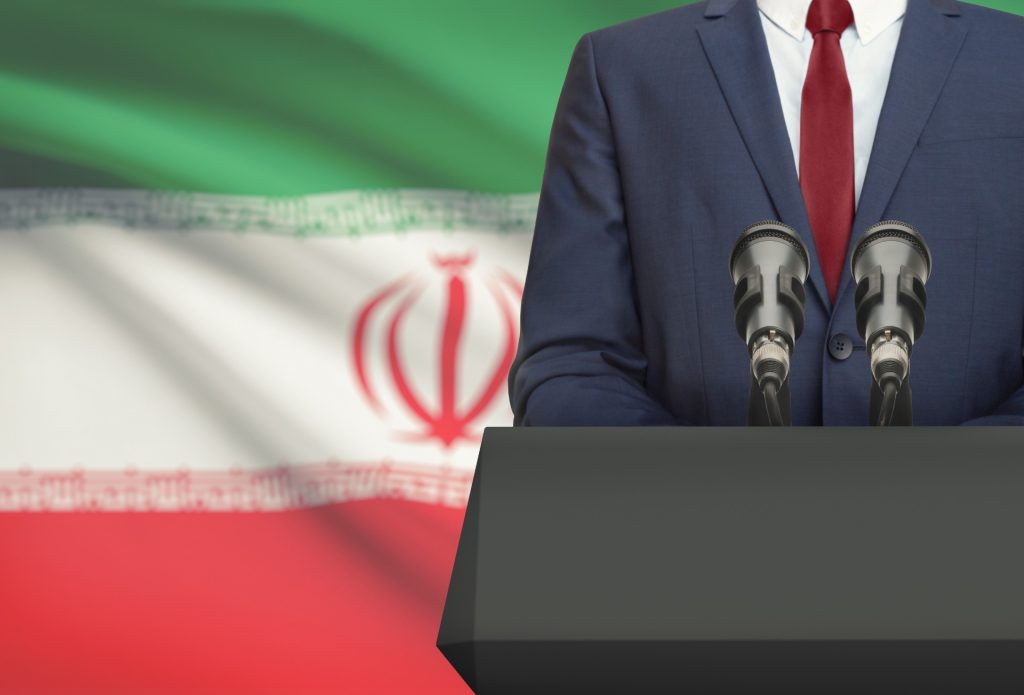In his first address after the victory, Pezeshkian extended a hand of friendship to all citizens.
Others are reading now
Reformist candidate Massoud Pezeshkian has won the second round of Iran’s presidential election, defeating ultraconservative Said Jalili.
Extends Hand of Friendship
According to Ziare the Iranian Ministry of Interior announced on July 6 that Pezeshkian secured over 16 million votes, compared to Jalili’s 13 million, from a total of 30 million counted votes.
Pezeshkian received 53.7% of the vote, while Jalili garnered 44.3%. Voter turnout was reported at 49.8%.
In his first address after the victory, Pezeshkian extended a hand of friendship to all citizens, emphasizing unity for the country’s progress.
Also read
“We must use everyone for the country’s progress. I had no party or support; people came with love and helped, and I thank them,” Pezeshkian said.
Former President Died in May
The election, closely watched internationally, comes amid several geopolitical crises involving Iran, from the Gaza conflict to nuclear negotiations with Western countries, especially the United States.
The snap election was called to replace the ultraconservative President Ebrahim Raissi, who died in a helicopter crash on May 19.
Public dissatisfaction, particularly with the economy hit by international sanctions, marked the election context.
The first round saw a significant abstention, with only 39.92% of the 61 million eligible voters participating. Pezeshkian, a 69-year-old surgeon and former health minister, advocates for a more open relationship with the West. He has support from former presidents Mohammad Khatami and Hassan Rohani.
Maintains Loyalty to Supreme Leader
Pezeshkian’s campaign focused on rebuilding trust between the government and citizens.
He has a history of military and medical service and has faced personal tragedy, losing his wife and son in an accident. Despite his reformist stance, Pezeshkian maintains loyalty to Iran’s Supreme Leader Ayatollah Ali Khamenei and the powerful Revolutionary Guards.
Pezeshkian’s opponent, Jalili, is known for his hardline stance against Western powers.
However, the president’s role in Iran is limited, with major policies determined by the Supreme Leader.


